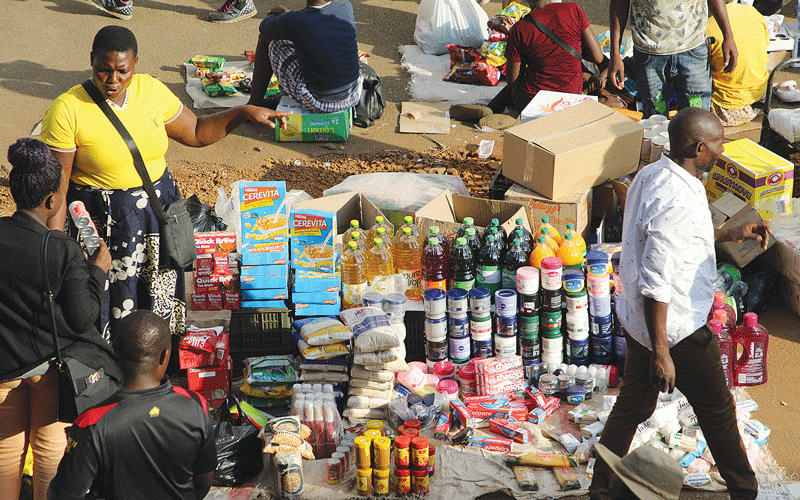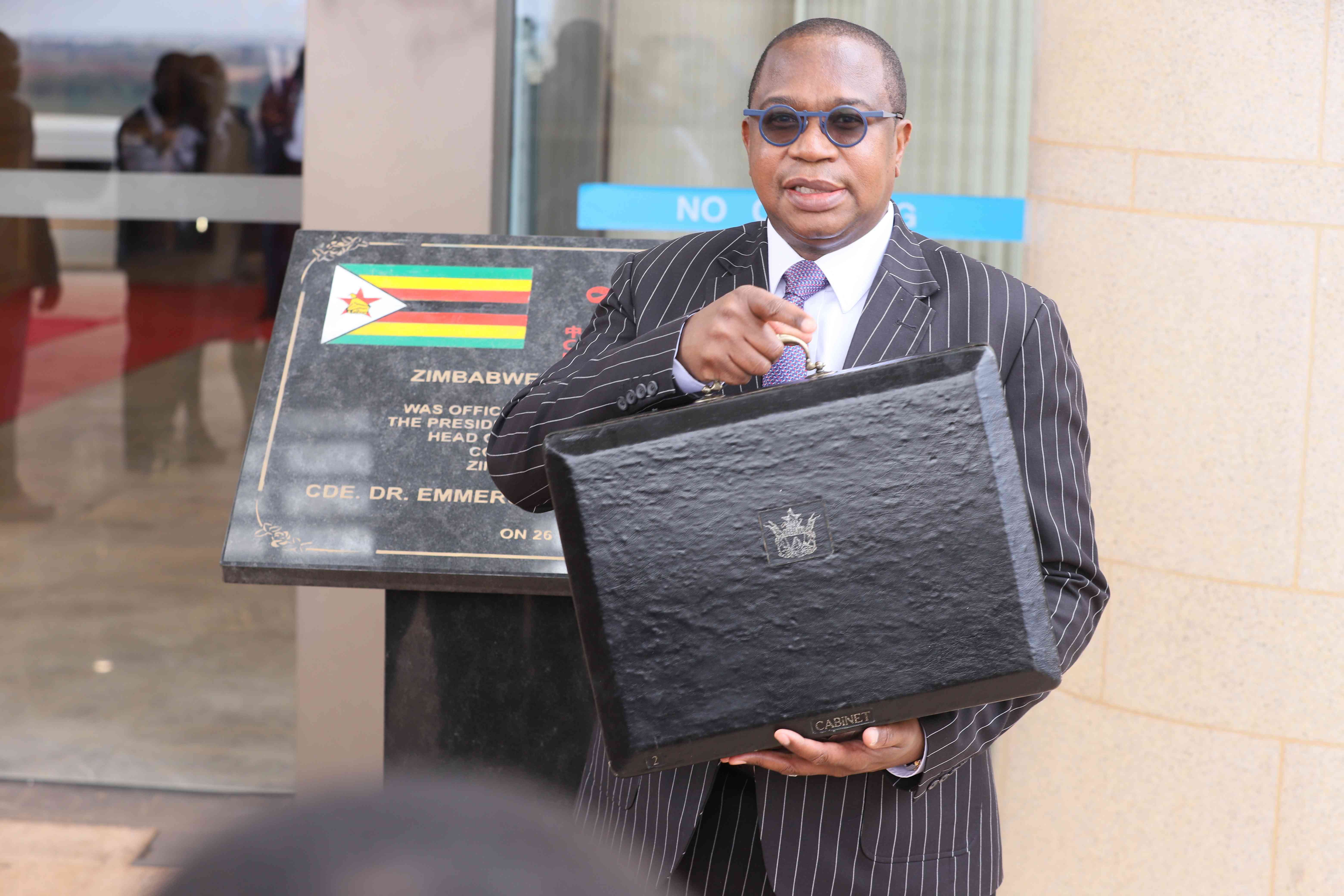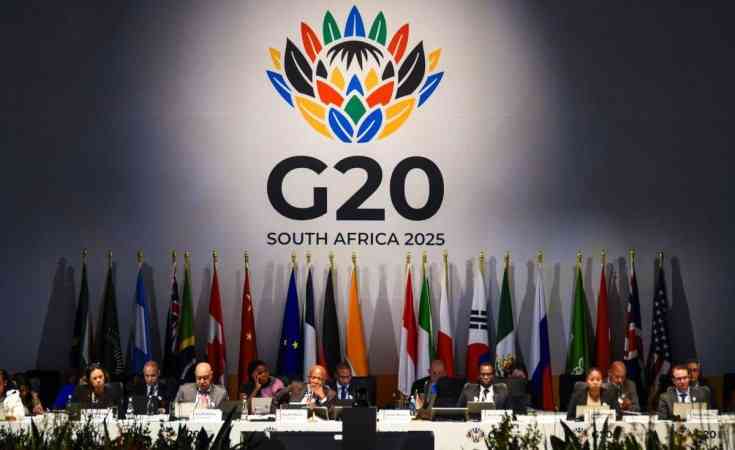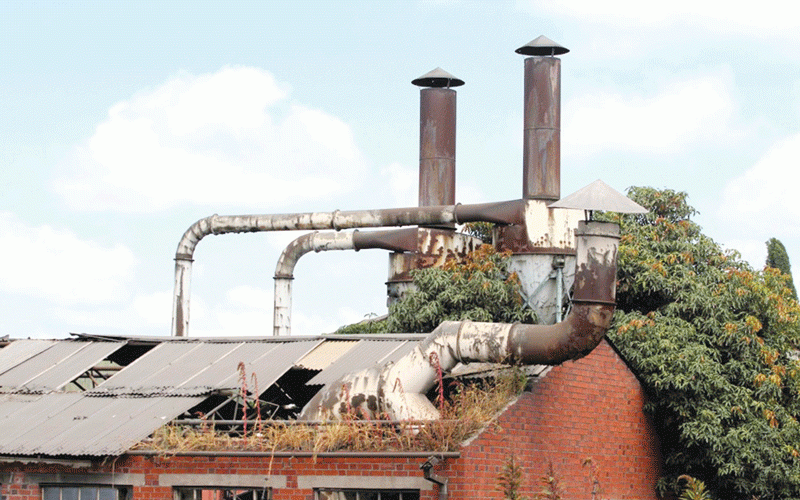
IN the heart of Harare’s bustling streets, a silent war unfolds daily.
It is not between rival political parties or criminal syndicates, but between municipal police and the city’s most vulnerable economic actors: street vendors.
These crackdowns — often violent, disruptive, and economically irrational — have become a defining feature of urban governance in Zimbabwe’s capital.
Yet beneath the surface lies a deeper story about misplaced priorities, economic desperation, and a glaring lack of political will to build inclusive city policies.
The scenes are familiar and tragic. Uniformed and plainclothes officers descend suddenly, triggering panic and chaos.
Vendors scatter, often leaving their only means of survival trampled underfoot. What is framed by city authorities as “law enforcement” is, in reality, a campaign of harassment against citizens, who have few alternatives in a crumbling economy.
According to the article published by Global Press Journal, Harare City Council spent over US$24 million on policing vendors in 2024 — an astonishing eight times its revenue of just US$3 million.
In 2025, despite falling income, the council doubled down by creating a specialised police unit, pushing policing costs to nearly 12 times the city’s revenue.
- Byo armed robber in court
- Woman jailed 12 years for indecent assault
- Magistrate jailed 3 years for abuse of office
- Zim’s poor batting hands India series
Keep Reading
This is fiscal absurdity. How does a city justify investing millions to destroy livelihoods when it cannot reliably provide basic services like clean water?
The obsession with control and visibility has blinded local authorities to pragmatic solutions. The informal sector, after all, is not an aberration — it is the economy.
In Zimbabwe, over 80% of the population earns a living informally, and the sector contributes an estimated 64,1% to GDP.
Vendors are not criminals; they are survivors of an economy in freefall. Many are former formal workers, who turned to street vending after losing their jobs. Others are widows and single parents trying to keep their children fed and educated.
The council’s justification — that it is enforcing bylaws related to illegal vending, littering, and public health — rings hollow in the face of deeper structural issues.
Vendors often shun designated trading areas because they are either too costly or located in low-traffic zones.
With licence fees ranging between US$400 and US$800 a year, many cannot afford these high charges.
Rather than investing in repression, the city should channel resources toward supporting vendors.
Building more accessible, affordable market spaces, reducing licensing costs, and improving sanitation infrastructure would not only improve compliance, but also stimulate economic activity.
As Reuben Akili of the Combined Harare Residents Association rightly points out to Global Press Journal, the funds used for crackdowns could rehabilitate public markets or restrooms — services that benefit all city residents.
Moreover, the corruption linked to these raids undermines their legitimacy.
Vendors report having to pay daily bribes just to continue trading. These informal “fees”, often as high as US$4 a day, do not even guarantee safety from arrest or confiscation. It is a system that preys on the poor.
As the economic crisis deepens, and with formal employment opportunities shrinking, informal trade will only grow.
The role of government and local authorities should not be to criminalise the survival strategies of the poor.
Instead, it should facilitate an environment where small-scale entrepreneurship can flourish.
The continued raids, arrests, and confiscations serve no long-term purpose. They do not address the underlying economic crisis.
They do not reduce poverty. And they certainly do not make Harare a better city. What they do is perpetuate a cycle of fear, instability, and economic exclusion.
Harare has a choice to make. It can continue to pour scarce resources into punitive crackdowns that achieve little beyond spreading fear and hardship. Or it can invest in solutions that recognise the dignity and potential of every trader.
Vendors are not the problem — they are part of the solution to Zimbabwe’s economic survival. All they need is a fair chance.











